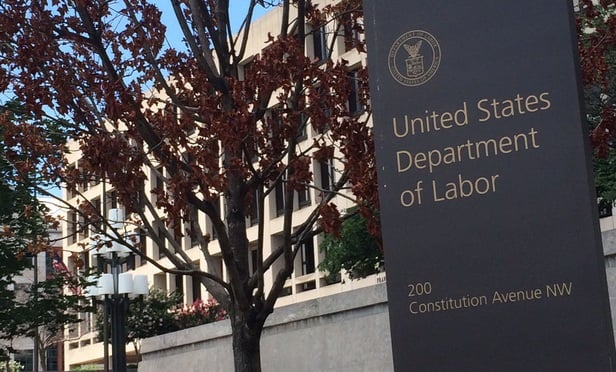LAS VEGAS – Is the concept of public health insurance exchange (or even a private one) a threat to your business? Or is it an opportunity?
Well, it's probably both. At least that's the word from Dan Garlitz, executive director at bswift Exchange Solutions. And he should know a little something about it since his company's administered the state of Utah's public health insurance exchange since 2009.
The room full of brokers Garlitz addressed at NAHU's 82nd annual conference here appeared to be split when he polled them how they saw their futures.
Recommended For You
One of the keys here lies in whether states – moving forward – decide to merge the individual and small market risk pools. States that keep those pools separate, Garlitz argues, will keep pricing competitive, and, by extension, the small group market alive.
That being said, Garlitz mapped out a forked road for both public and private health insurance exchanges. On the one hand, a lot of models will feature multiple-insurer participation (a farmer's market approach, he called it) that "target consumers directly or through employers with individual products, and private platforms that target employers with a variety of group products."
There also will be single-insurer arrangement (or, as he dubbed it, a roadside stand) that would "lure some traditional employer-based group plans onto platforms that administer group or individual medical and ancillary products."
And, for what it's worth, Garlitz concludes the larger groups, based on how the law is written, will remain largely unchanged.
But at the end of the day, the farmers' market exchanges will benefit brokers, Garlitz contends, by fostering a world where brokers will be able to act as buyer's agents rather than agents for the sellers.
© 2025 ALM Global, LLC, All Rights Reserved. Request academic re-use from www.copyright.com. All other uses, submit a request to [email protected]. For more information visit Asset & Logo Licensing.







